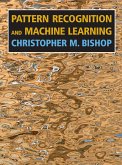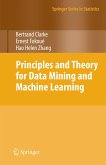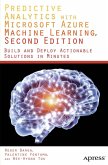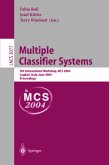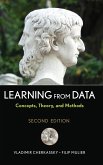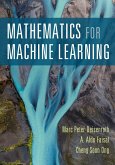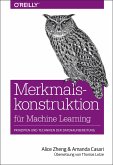This textbook offers a non-mathematical approach to machine learning, emphasizing its predictive methodology. Descriptions start with conceptual and philosophical aspects of predictive learning, and proceeds to a systematic coverage of constructive learning algorithms, introduced under coherent predictive learning framework. Significant portions of this text focus on the philosophical aspects learning and generalization, an intriguing connection between philosophical ideas and technical aspects of machine learning, fully explored in this book, provides significant liberal arts component. In many real life situations, valid generalizations can be often mixed up with beliefs. However, beliefs usually have little objective (predictive) value. This book advocates critical attitude towards distinguishing between valid data-driven generalizations and beliefs, which becomes increasingly important in today s data-rich world. This book is designed for upper-level undergraduate students in engineering, computer science, and math. It provides a solid methodological background for students and practitioners, who are interested in real-life applications of machine learning, data mining and pattern recognition. Exercises, ranging from trivial programming to open-ended research questions, are provided in the end of each chapter, and can be used for self-study or for homework assignments. Supplemental material includes: solutions manual, lecture slides, data sets used in all examples, MATLAB scripts.


